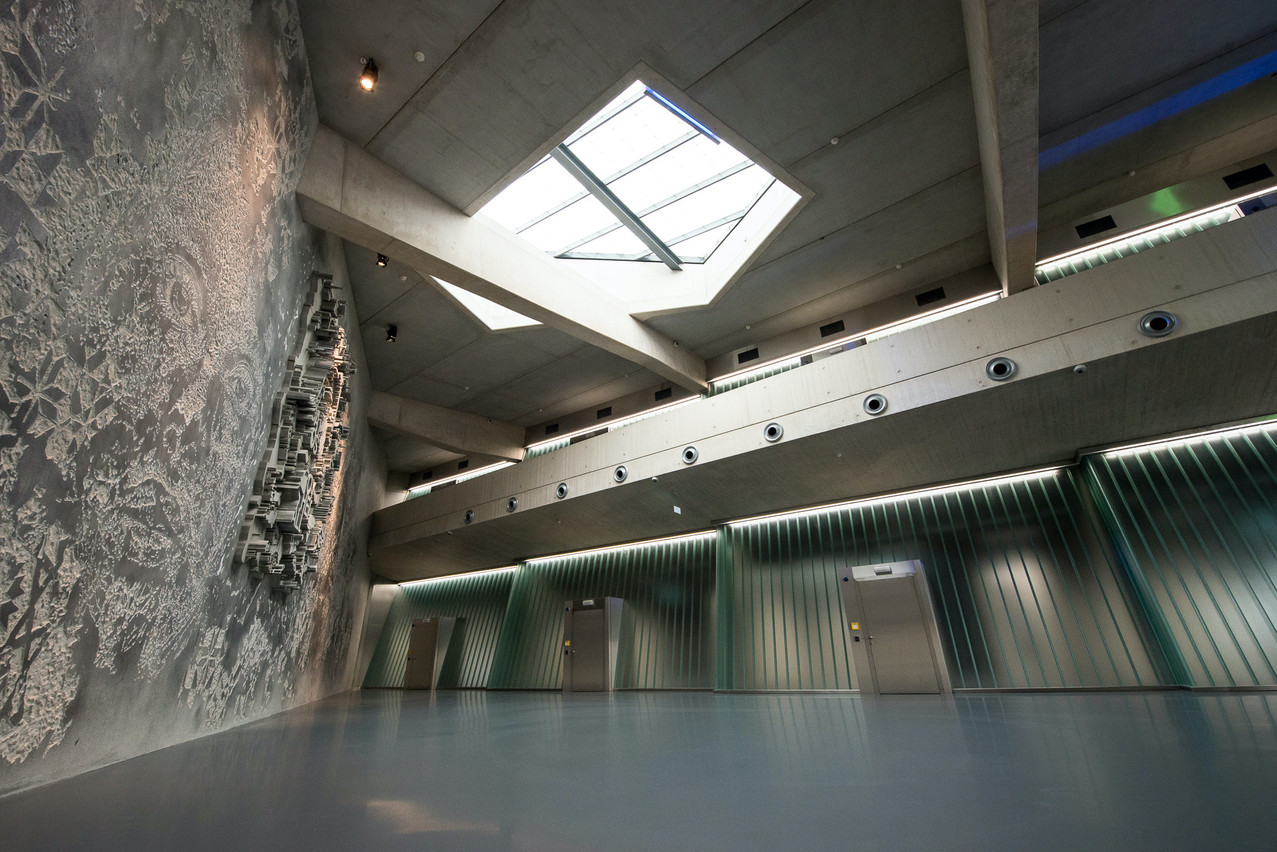“He destroyed my reputation, I will destroy his fortune.” Six years after this comment, in August 2015, made in the legal battle between him and Rybolovlev, Bouvier could now claim $1bn in damages from his accuser and write his own version of the story.
Indeed, in mid-September, the chief prosecutor of the canton of Geneva, Yves Bertossa, dismissed the last legal proceedings still pending. A decision against which Rybolovlev, owner of AS Monaco, could lodge an appeal. There is still a debate, before the European Court of Human Rights, on the way in which the evidence that cleared Bouvier was discovered.
The evidence was namely Rybolovlev’s lawyer and good friend’s smartphone, on which a Monegasque judge found 363 calls, 153 audio messages and more than 20,000 text messages and iMessages that allegedly explained how the billionaire influenced Monegasque investigators to charge the art dealer.
The Russian had discovered, within the framework of his divorce proceedings, that the $2bn he had spent over a dozen years, in the purchase of 38 paintings of great masters via the creator of the Freeports, represented an amount largely superior to the value of the works on the market. Bouvier had admitted to pocketing commissions in excess of the regulatory 2%.
Rebranding in Luxembourg
The affair will probably leave an indelible mark on Bouvier's name. As early as October 2017, faced with the risk of having to declare bankruptcy and putting 45 employees out of work, the entrepreneur had to resign himself to selling Natural Le Coultre, the company his family had owned since 1983, to André Chenue, run by the Da Costa family, allowing the latter to become the third largest art operator in the world.
On 17 May 2021, its Luxembourg subsidiary Fine Art Logistics Natural Le Coultre finally had to be renamed as well. Owned by Luxembourg's Eurocenter Investment, of which it is also the sole economic beneficiary, the renamed branch Fortius continues to slowly gobble up millions of euros. At Christmas, every year since 2016, Bouvier has put between €4.5 and €7.65m back into the pot--or €30m, according to our calculations--to keep his company afloat, even though it is in debt to the tune of just over €10m.
Fortius is no longer a company that operates on the Luxembourg Freeport, but the “Luxembourg High Security Hub”, its new branding, as decided by an extraordinary general meeting on 21 December 2020. The structure has two sub-compartments, Luxembourg High Security Hub Real Estate for the real estate of the Freeport, and Luxembourg High Security Hub Management for the services.
The companies are struggling to repay the debts they incurred between 2011-2012 when the government of Jean-Claude Juncker and Etienne Schneider broke ground on this infrastructure designed to attract the ultra-rich to Luxembourg.
In the second half of 2019, BIL, Spuerkeess, Banque de Luxembourg and Raiffeisen had to wait until 6 February 2020 to get €1.42m back. A drop in the bucket, but it reflects the limitations of the business model. A year later, a draft of €1.389m had to be agreed with the four banks. For 2020, the managers of the Luxembourg High Security Hub had forecast a business plan of €2.288m in revenue, but on 30 June they already had €3.396m in unpaid bills, including €2.3m from a company belonging to the economic beneficiary, according to the 2019 annual report.
41 infringement or dual use findings
The Hub's CEO, Philippe Dauvergne, a former French customs officer, had not responded to a request for comment at the time of writing, nor had Bouvier, who was contacted through his lawyer, nor even the ministry of finance, which was asked to explain a passage in its latest annual report.
“In the context of security at the free zone 'The Luxembourg Freeport', which is supervised by the Customs and Excise Administration by ministerial regulation, 2,610 security patrols were carried out, both on the air-side and the land-side. In 2020, 41 reports on counterfeiting, dual use and other matters were drawn up and forwarded to the relevant departments,” the report said.
In March 2020, at the age of 76, president of the board Robert Goebbels, offered his former fellow European deputies an exhaustive tour of the Freeport. In the report they submitted, they retained the idea of a global exception of rigour. According to their rather positive assessment, the players were under so much pressure in the context of the fight against money laundering that many of their clients had preferred to abandon the place as early as 2015.
Far from the ambition of the then minister of culture, Octavie Modert (CSV), to take advantage of this to make Luxembourg a creative and cultural hub in Europe, Goebbels had suggested to Bouvier that it should be used as a place to store medicines. Given the global pandemic, the desire of Europeans to regain their sovereignty in production and the proximity of one of the world's largest air freighters, Cargolux, the idea was perhaps not so far-fetched. Goebbels has since also stepped down.
In the meantime, Fortius has opened its storage facilities to Luxembourg artists affected by the floods last August. Since 11 October, it has housed one of the plans for the Arc de Triomphe in Paris, the project of Christo and Jeanne-Claude. The plan, owned by German fintech Finexity, is to be tokenised and sold to new age collectors.
This story was first published in French on . It has been translated and edited for Delano.
